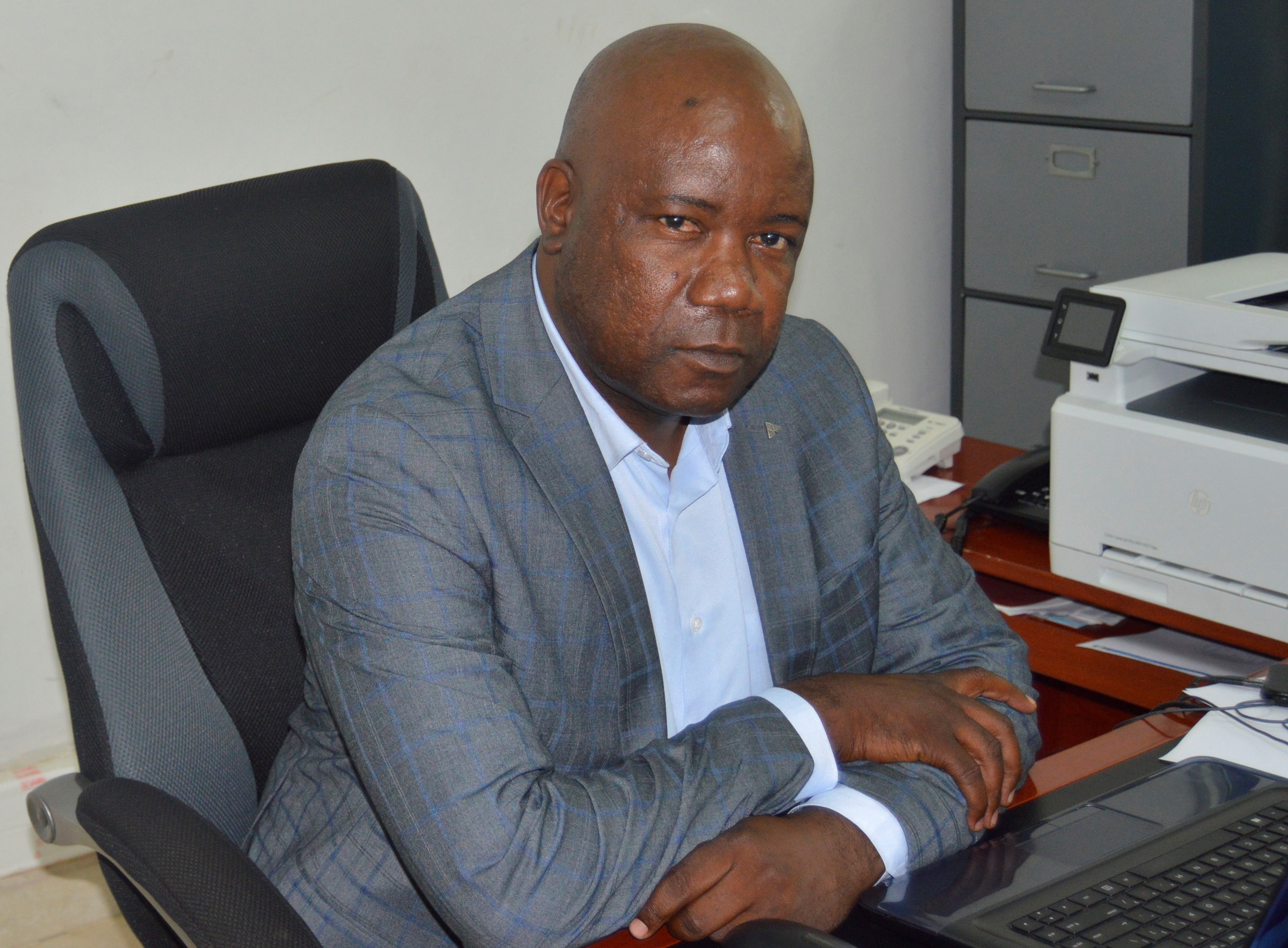NBA WELCOMES THE COMING INTO FORCE OF THE NAGOYA-KUALA LUMPUR SUPPLEMENTARY PROTOCOL
Notice: Undefined index: catFilterList in /home/zambi/public_html/wp-content/plugins/wp-likes/api.php on line 243

National Biosafety Authority (NBA) CEO MR. LACKSON TONGA
LUSAKA, ZAMBIA- The National Biosafety Authority (NBA) has welcomed the Nagoya-Kuala Lumpur Supplementary Protocol on Liability and Redress which came into effect on Monday, March 5, 2018 in Japan.
NBA Chief Executive Officer Mr. Lackson Tonga said the protocol was key in contextualization of the Biosafety Act.
“Zambia is a part to the Cartagena Protocol and the coming into effect of the Nagoya-Kuala Lumpur Supplementary Protocol on Liability and Redress to the Cartagena Protocol on Biosafety, is very welcome and timely,” he said.
“The Cartagena Protocol is important because it addresses the handling and transiting of GMOs so that they do not have adverse effects on human, animal health and the environment. The protocol is also important for trade purposes and helps ensure that all those that are party to it adhere to the regulations.”
Zambia acceded to the Cartagena Protocol in 2004.
The Supplementary Protocol was adopted on 15 October 2010 in Japan, as a supplementary agreement to the Cartagena Protocol. It aims to contribute to the conservation and sustainable use of biodiversity by providing international rules and procedures in the field of liability and redress relating to Living Modified Organisms (LMOs). The Protocol requires that response measures are taken in the event of damage resulting from LMOs or where there is sufficient likelihood that damage will result if timely response measures are not taken. It also includes provisions in relation to civil liability and Parties may develop them further. Response measures are any reasonable actions to prevent, minimize, contain, mitigate or otherwise avoid damage or measures to restore biological diversity.
Convention on Biological Diversity (CBD) Executive Secretary Dr. Cristiana Paşca Palmer in welcoming the entry into force of the Nagoya-Kuala Lumpur Supplementary Protocol said: “The entry into force of the Supplementary Protocol is a major milestone in the 25 years of the Biodiversity Convention, 15 years of the Biosafety Protocol and represents a major step towards achieving the objectives of the Strategic Plan for the Biosafety Protocol.”
“I urge all Parties to the Biosafety Protocol yet to do so to ratify the Supplementary Protocol as soon as possible. I also urge Parties to the Biodiversity Convention that have not yet done so to ratify the Biosafety Protocol so that they can also become Parties to the Supplementary Protocol.”
And Minister of Environment and Natural Resources, Mexico, who is also the President of the thirteenth meeting of the Conference of the Parties to the CBD Mr. Rafael Pacchiano Alamán said: “The entry into force of the Nagoya-Kuala Lumpur Supplementary Protocol represents a milestone in the history of the Cartagena Protocol on Biosafety. The entry into force of this important instrument provides a key piece of the international regulatory regime applying to living modified organisms. It provides practical rules to respond to damage resulting from living modified organisms that find their origin in a transboundary movement and gives effect to the polluter pays principle.”
About Forty-one Parties have contributed towards entry into force of the Protocol. Among the Parties that have ratified, accepted, approved or acceded to the Supplementary Protocol include Albania, Bulgaria, Burkina Faso, Cambodia, Central African Republic, Congo, Cuba, Czech Republic, Democratic Republic of the Congo and Denmark. Others are Estonia, European Union, Finland, Germany, Guinea- Bissau, Hungary, India, Ireland, Japan, Latvia, Liberia, Lithuania, Luxembourg, Mali, Mexico, Mongolia, Netherlands, Norway, Romania, Slovakia, Slovenia, Spain, Swaziland and Sweden. The rest are Switzerland, Syrian Arab Republic, Togo, Uganda, United Arab Emirates, United Kingdom of Great Britain and Northern Ireland, and Viet Nam.
“Zambia is yet to ratify to the Supplementary Protocol. However, we recognize its importance and the coming into effect,” Mr Tonga said. “Zambia is making headways in biosafety and biotechnology. Apart from approving some of the Research trials, NBA recently had its first National Stakeholders training on Biosafety Clearing House (BCH).” The BCH is a mechanism set up by the Cartagena Protocol on Biosafety to facilitate the exchange of information on LMOs and assist the Parties to better comply with their obligations under the Protocol.
Meanwhile the Government of Japan, through the Japan Biodiversity Fund, the CBD Secretariat is organizing activities to support Parties in implementing the Supplementary Protocol at the national level.
-Ends-
About NBA
NBA was established under the Biosafety Act No. 10 of 2007. Through the Act the NBA regulates the research, development, application, importation, export, transit, contained use, release or placing on the market of any GMO whether intended for use as a pharmaceutical, food, feed or processing, or a product of a GMO also to ensure that any activity involving the use or a product of GMO prevents any socio-economic impact or harm to human, animal health and the environment in the country.
Some of the functions of the NBA include processing notifications and applications of GMOs or products of GMOs into the country, in accordance with the requirements of the Biosafety Act, promoting public awareness and education concerning the activities regulated under the Act such as risk assessment, risk management and authorization processes; keeping any GMO or any product of a genetically modified organism under review and to ban its handling or release in Zambia. NBA furthermore, establishes and maintains a database of GMOs and their products as well as making available such information to the public.
For more information about NBA visit: www.nbazambia.org.zm
For inquiries Contact: Sandra Lombe-Mulowa
Communications Officer
Email: nbacommunications1@yahoo.com or lombe2@gmail.com
+260 211 278316 /0977854716/ 0961439503





















